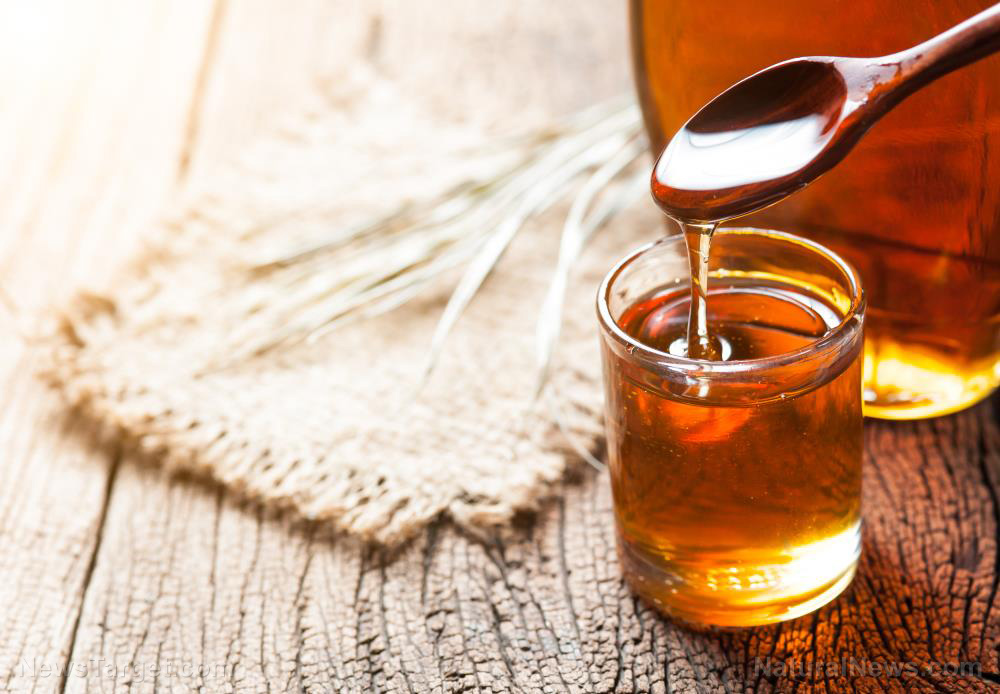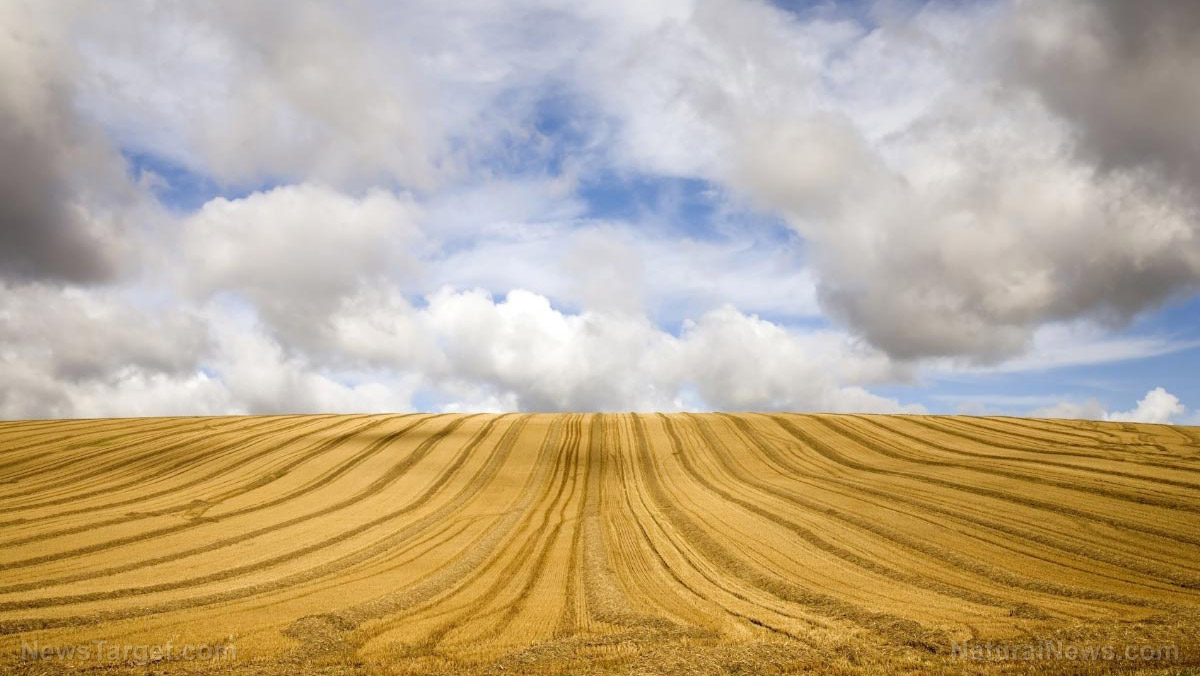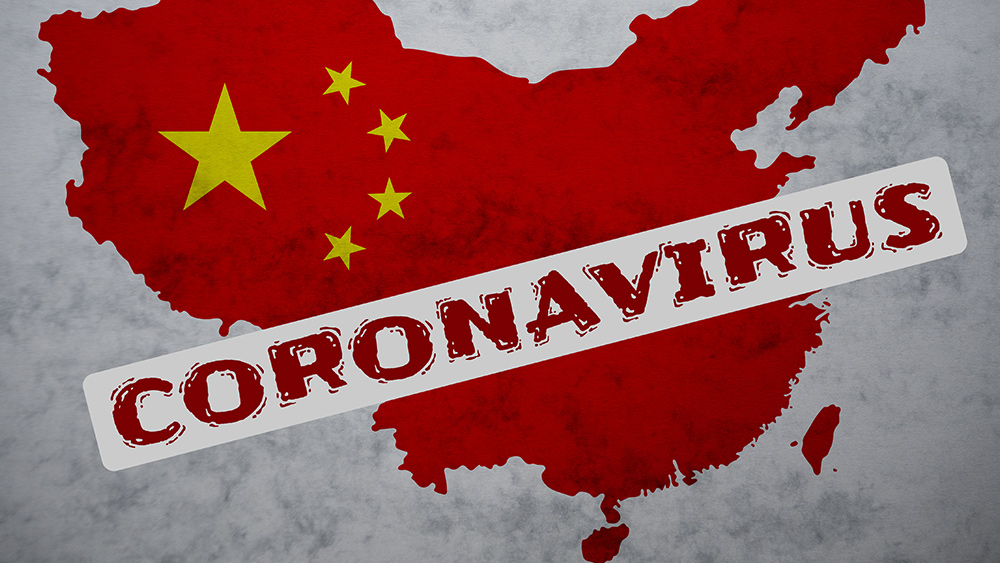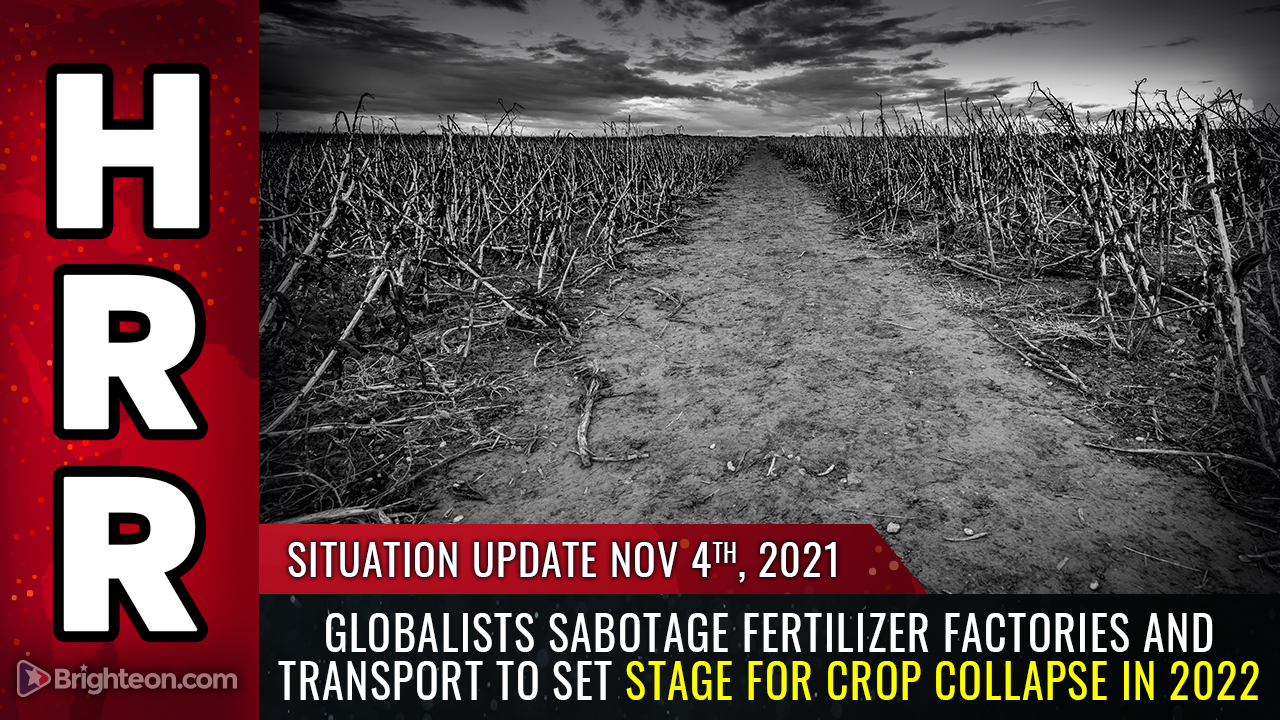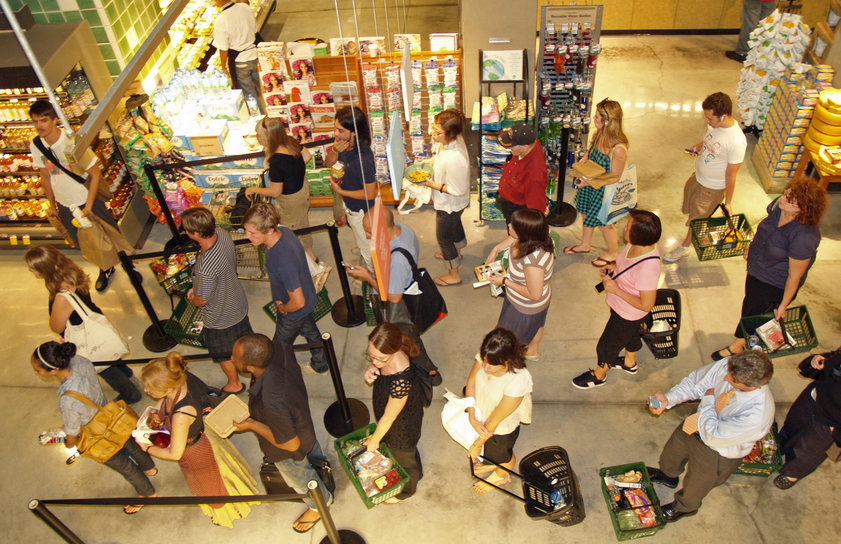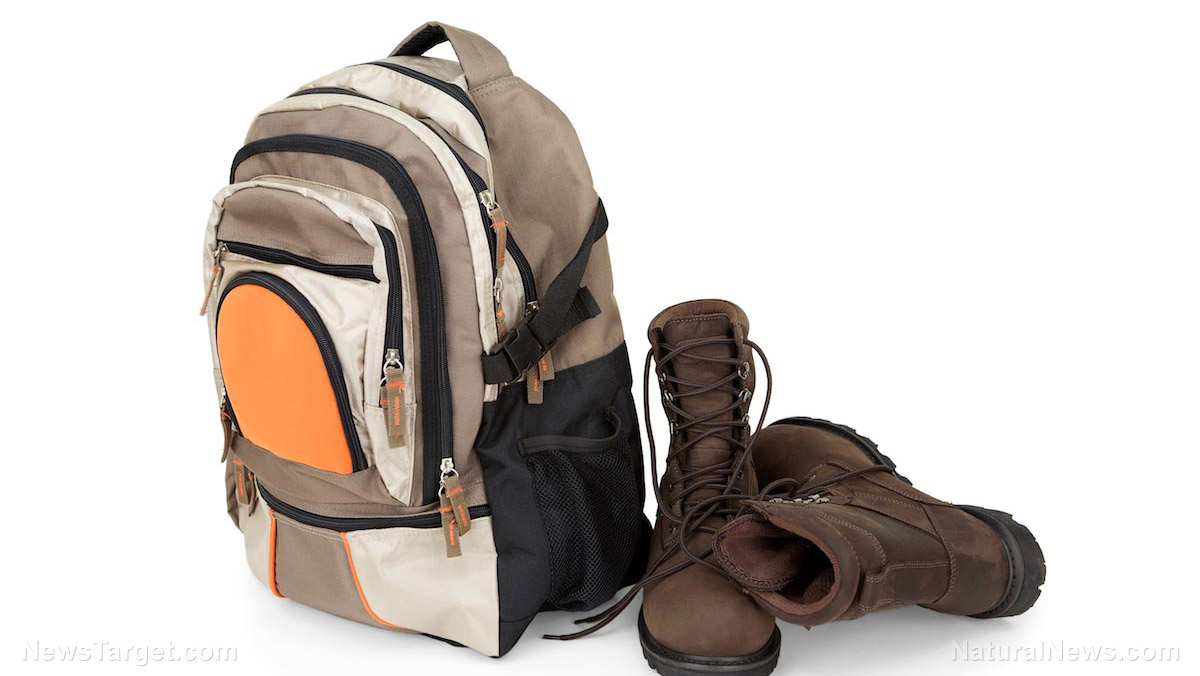Coronavirus continues to ravage cities and the U.S. food chain: Here are five ways food security could COLLAPSE
04/23/2020 / By JD Heyes

As governors and President Donald Trump consider ways to prematurely open up America amid the still-unfolding Wuhan coronavirus (COVID-19) pandemic, they are risking much more than just lives.
They are actually putting our entire food supply chain at risk, and once that collapse begins, like a jetliner spiraling out of control, there will be no way to stop the crash.
As reported by The Hill, our fragile ‘just in time’ food chain can still be impacted in ways that would only compound the economic destruction and death coronavirus has already caused:
The coronavirus pandemic has upended food supply chains, led to closures of meat producing plants and left Americans with the unsettling experience of seeing empty shelves at supermarkets.
Coupled with the run on toilet paper that led to severe shortages, recent events are leading Americans to wonder if the nation’s food supply is secure.
Experts claim that, for the most part, Americans don’t really have to worry about food supplies. But these are some of the same people, no doubt, who told us we had ‘nothing to fear’ from coronavirus. And besides, there have already been shortages of more than just TP; food supplies have been stretched nearly to the breaking point in some places.
“I think we have a strong food supply system, and it’s diversified enough to provide the products to consumers,” said Olga Isengildina Massa, an associate professor of agriculture and applied economics at Virginia Tech.
But then she adds this qualifier: “Obviously it has a lot of hiccups right now, but we’re working through the system.”
The Hill noted there are five ways our food infrastructure could collapse. (Related: Here’s what happens next: Lockdowns will be prematurely ended without necessary mask mandates; things will look fine for 6-8 weeks, then a new EXPLOSION of coronavirus infections will emerge.)
Viral outbreaks at food processing centers. This has already happened. While South Dakota did not have many cases of coronavirus overall, the one hot spot was at a Smithfield Foods pork processing plant. As Buzzfeed News reported, as many as 700 of the plant’s 3,700 workers may be infected. In any event, the plant has been closed indefinitely.
And last week, the company announced it is closing two additional processing plants — in Cudahy, WI., and Martin City, MO.
On Wednesday, Tyson Foods closed “an Iowa plant that is critical to the nation’s pork supply but had been devastated by a growing coronavirus outbreak,” the New York Post reported. The plant accounts for about 4 percent of the total U.S. pork production and it, too, is now closed indefinitely.
Also, producers Cargill and JBS have been forced to close plants, The Hill adds.
The agriculture industry’s reliance on guest workers. On Monday, President Trump announced he was suspending nearly all immigration for at least 60 days, but that does not include a ban on guest workers.
But that means migrant guest workers have to be available. Right now, most of those workers come from Mexico, which is currently bracing for a surge in cases, according to the L.A. Times.
“I’ve marveled at how well the produce section is stocked, but I’m hearing that problems are coming because of immigration problems,” Connie Weaver, an emeritus professor of nutrition science at Purdue University, said.
Supply chain mismatches. Oddly, as some store shelves remain empty of goods and foods, farmers are having to dump milk and leave produce in the fields to rot because they don’t have any market for them. Many of those producers rely on restaurants and schools, and those remain closed.
Food insecurity. That is growing, simply because as more Americans lose jobs and benefits, they are more likely to go hungry. Worse, food banks are running low or are completely out of food at times, a real disaster at a critical moment of need.
Delivery problems. For now, most truckers are on the road, but what if the virus spread again thanks to the loosening of stay-at-home rules? A massive hit to the trucking industry means that millions of Americans will literally starve — or get killed trying to steal food.
Sources include:
Tagged Under: Collapse, covid-19, disruption, food banks, food security, food shortages, food supply, hungry, starvation, starving, supply chain, truckers, Wuhan coronavirus
RECENT NEWS & ARTICLES
COPYRIGHT © 2017 PREPAREDNESS NEWS

